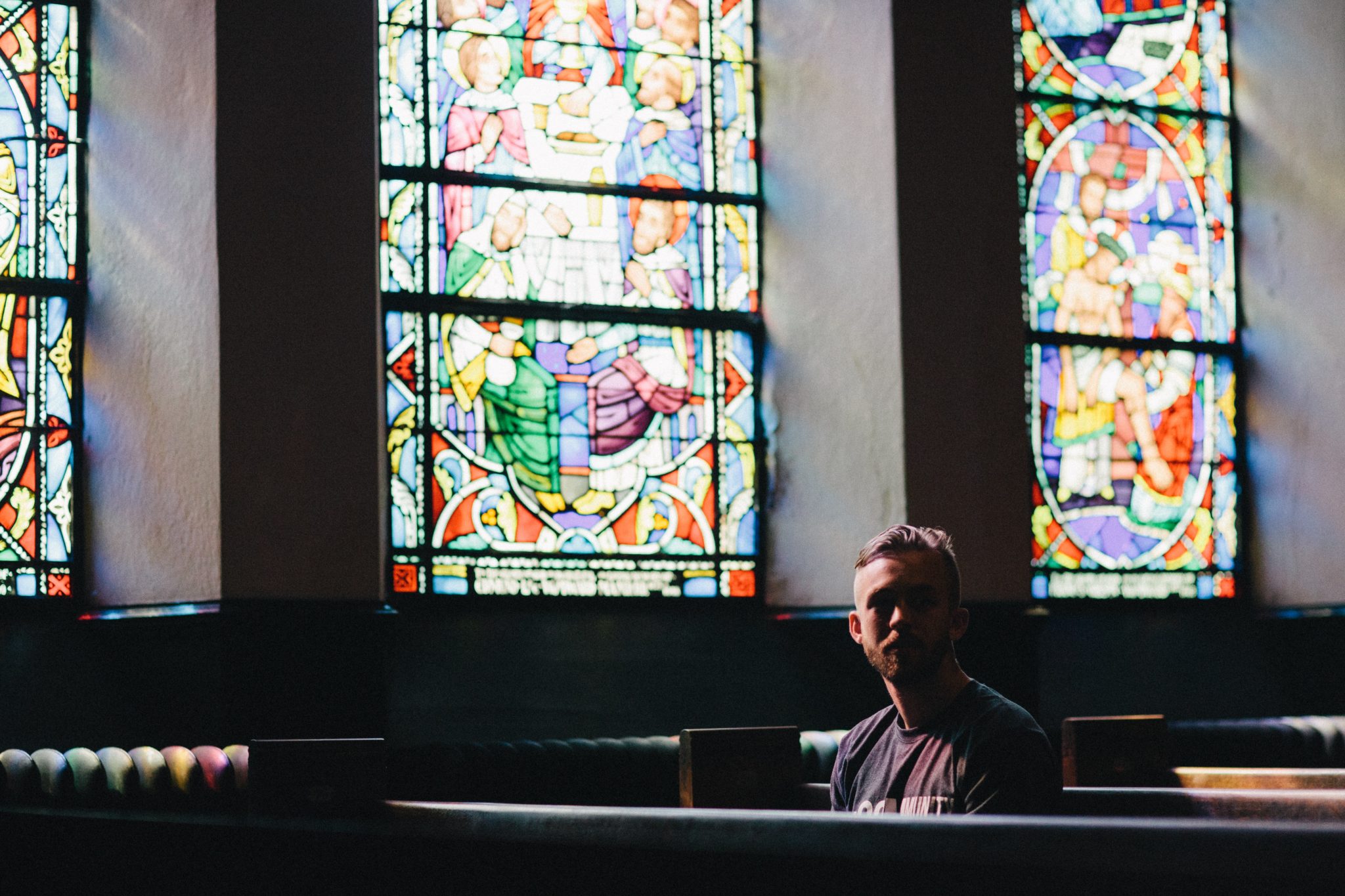I’m sitting in a familiar, relatively comfortable chair in church—something I’ve done literally hundreds of times—and my eyes scan the crowd. I’m not intending to take mental attendance, but I am struck by something missing.
Most of the people in the gathering are about my age or older. I scan the row in which I sit. To my left and right are my own elementary- and middle school–age kids. Throughout the room there are a smattering of kids about their ages. Nothing is wrong at all with the kids being present; I rather enjoy the energy they bring to a gathering.
Rather, what I am pondering at this moment is who is not in the room. Post–high school students to people in their mid-thirties seem to have somehow disappeared. When did they slip out the door? Did anyone notice? When they left for college or a career, did we think they would simply return, finding solace in a church gathering again once they had a family of their own?
There may be some truth to a stage of life affecting church attendance, but as I reflect on my own journey, I know there are other factors. Throughout my adolescence, I had checked the boxes I deemed necessary to be a Christian as I attended church regularly under the watchful eye of my parents. Then, I went off to college and thought my faith was coming with me. And faith as I knew it did in fact come along, but there was a missing authenticity and depth. I was making big decisions that a younger me did not always make with the guidance and wisdom of someone who had wrestled a few rounds with life and faith—career, dating, marriage, starting a family, leadership opportunities.
It was all going seamlessly, until it wasn’t. When the bottom fell out, the last place I wanted to turn was the church. For me, church was the place for upstanding, righteous people who had it all together, particularly all those adults whose lives seemed so perfect and well-styled each Sunday morning of my youth. There was assumed shame and failure as I questioned God and faith, along with purpose and a future. I questioned if I deserved a seat at church, and nobody seemed to notice when I wasn’t in it.
So, there I sat as an adult, wondering where this missing generation was and thinking about their faith lives. How was the ink flowing as they wrote important chapters in their life stories? Was faith on the page? God? Were there chapters of questioning faith and deepening faith? Were there moments of intersection with mission, vision, faith, and clarity? Did the ink tell of the unconditional love of a Father so tender that it covered failure?
Did I know the names of this missing generation? Did they know there was always a seat for them in church? Did they know that there was a group of strong arms available to carry them if life felt heavy and confusing? Did they know we would clap our hands in celebration of their successes?
I looked again at the innocent faces of my own kids. Would they have people like this in their life? Were they just checking boxes until they would no longer be required to get in the car with me on a Sunday morning? Could my journey and story actually be used, or was it meant to be stored in the vault of life failures, forever, while I too faded into a backrow seat?
Many months after this church chair epiphany and wondering, a seemingly simple solution found its way into our church. The initial intrigue of Generation Spark allowed traditional church silos to slowly be dismantled through the formation of meaningful opportunities that created space for supportive relationships to blossom. Mentoring is not a new concept, but a shift in strategy allowed Generation Spark to be much more than just mentoring. This was an opportunity for mentoring to be mutually beneficial and for both parties to find new purpose and belonging within the church—a space where their faith journey mattered regardless of starting point or pit stops along the way.
As the program progressed, our church leadership became aware of a common stumbling block when it comes to youth. We cared deeply about the young people in our church and we planned great things for them, but how much did we really include them? What leadership opportunities did we make available to them? How many people in our church knew their names or knew what mattered to them?
As the mentoring relationships flourished, both basic and incredible things happened. People from different generations now checked in with each other and broke the traditional standards of conversation circles that frequently can be seen before or after a gathering. Young people were discovering things they were passionate about that they felt the church could engage in solving, giving them a voice that led to a sense of purpose and mission. Vaults holding a wealth of stories, experiences, and journeys were opening in safe spaces. Our church was asking questions of young people and engaging the unknown gifts of those who may consider their work within the church to be unneeded. Generation Spark is not an overnight solution, but it is a step toward revolutionary change within the church, building a bridge from what was to what could be—a spark that can kindle a fire.
What I could have used in my younger years was someone older, wiser, and seasoned, someone who had experienced pruning and growth speaking into my life and sharing the struggles and joys that come along with living in faith. I could have used a space to not just know about the love of God and how to check the right boxes, but one where my passions would be molded and foundations for leadership would have been constructed within the context of my faith.
I want to look at the faces of my children and all those filling seats around me and know they will have adults who know their names, will elevate and challenge them, and let them know they belong. There are small sparks sitting in those seats, and if we are up for the challenge of adding the fuel of the generations seasoned by life, together we will become unstoppable fires of faith.
Wendi Kapenga
Wendi Kapenga served as part of the Generation Spark team.



